Epstein Case Sparks Controversy: Trump's Shifting Stance and Obama Allegations

The Jeffrey Epstein case has once again become a focal point of controversy in Washington, intertwining with pre-existing conspiracy theories and ensnaring figures like former President Barack Obama. Recent developments reveal a shifting narrative, with the Trump administration facing backlash for its handling of the situation and renewed accusations against Obama surfacing as potential distractions.
Justice Department Denies "Client List" and Affirms Epstein Suicide

The Justice Department and FBI have officially stated that no "client list" related to Jeffrey Epstein exists. They have also reaffirmed that Epstein died by suicide in 2019, dismissing ongoing conspiracy theories that suggest foul play. This declaration was made in a two-page letter. However, this statement has been met with resistance from Trump's base and various conservative voices, many of whom anticipated the release of substantial incriminating information.
Trump Administration's Transparency Efforts Face Scrutiny
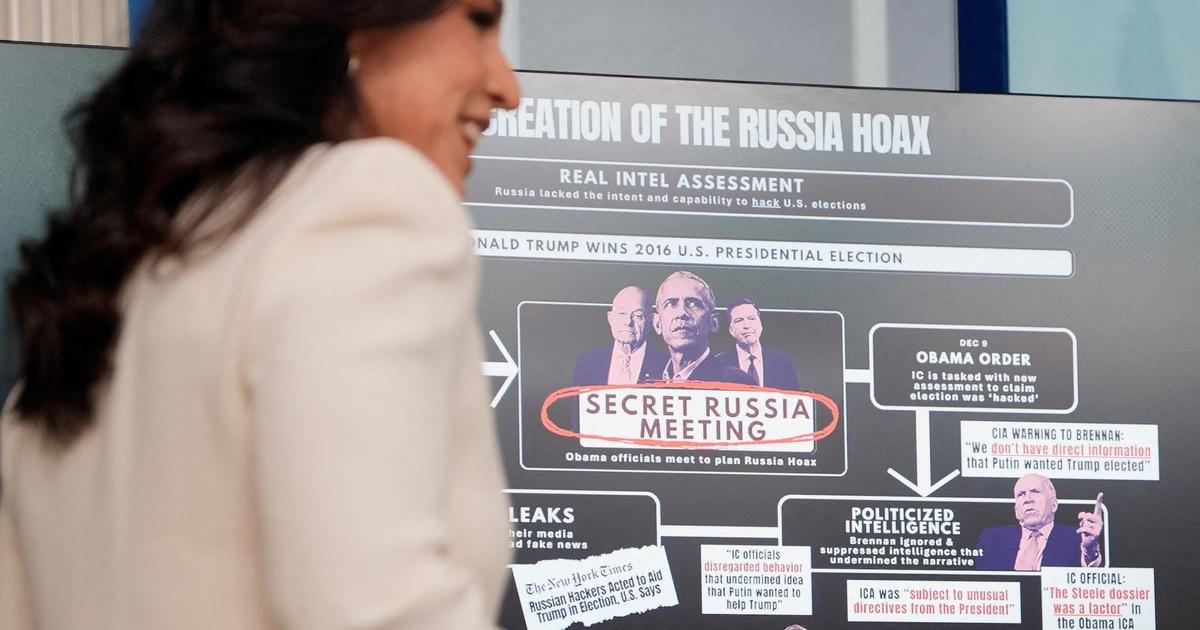
The Trump administration has attempted to project an image of transparency, including exploring the possibility of unsealing grand jury transcripts related to the Epstein case. However, it remains uncertain whether courts will approve such a move, or if the transcripts will unveil new significant details. Attorney General Pam Bondi and FBI Deputy Director Dan Bongino, both of whom previously contributed to Epstein conspiracy theories, have faced criticism and reports of internal conflict regarding the administration's current position.
Leaked Birthday Greeting Fuels Further Questions

A 2003 birthday greeting from Donald Trump to Jeffrey Epstein has resurfaced, reportedly containing a hand-drawn image of a naked woman and a reference to a "wonderful secret." This was reported by The Wall Street Journal. Trump has denied sending the letter and has initiated legal action against the publication.
Trump's Evolving Position: From Encouraging Theories to Downplaying the Issue

Initially, Trump, alongside allies like Bondi, Bongino, and former FBI Director Kash Patel, appeared to encourage and amplify conspiracy theories surrounding Epstein and alleged "deep state" cover-ups. More recently, Trump has shifted his stance, dismissing the Epstein issue as a "hoax" and criticizing supporters and the media for their focus on it. He has even referred to supporters dissatisfied with the lack of information released as "weaklings."
Obama Targeted with Renewed "Coup" Allegations
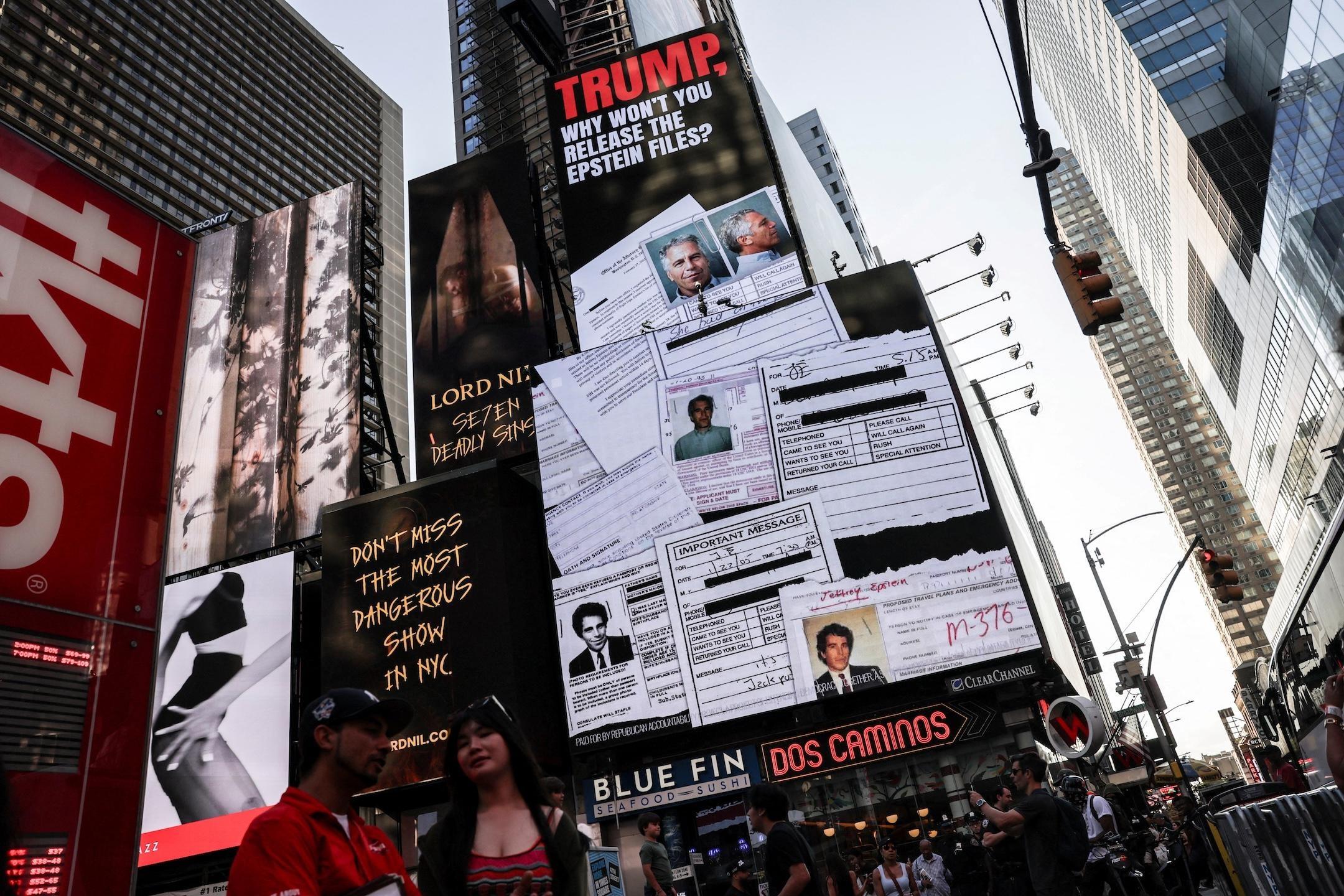
In what appears to be an attempt to divert attention from the Epstein controversy, Trump has revived unsubstantiated claims against Barack Obama, alleging that the former president led a "coup" and attempted to "steal" the 2016 election. These accusations have been amplified by some of his allies.
House Speaker Johnson's Move to Quell Controversy
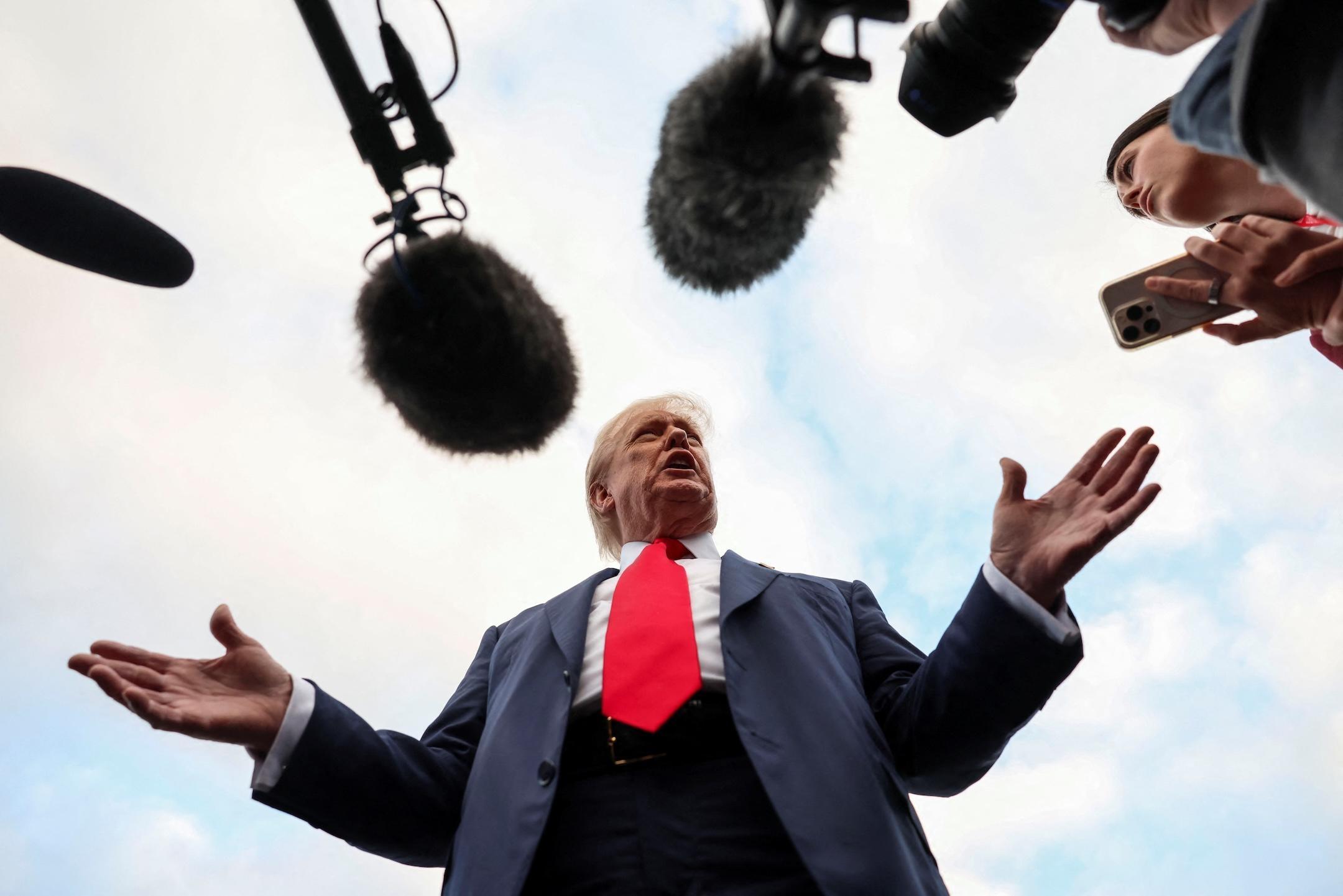
House Speaker Mike Johnson, a Trump loyalist, reportedly sent the House home early to avoid votes related to the Epstein case, a maneuver widely interpreted as an effort to suppress the ongoing controversy.
Key Players and Their Roles in the Controversy
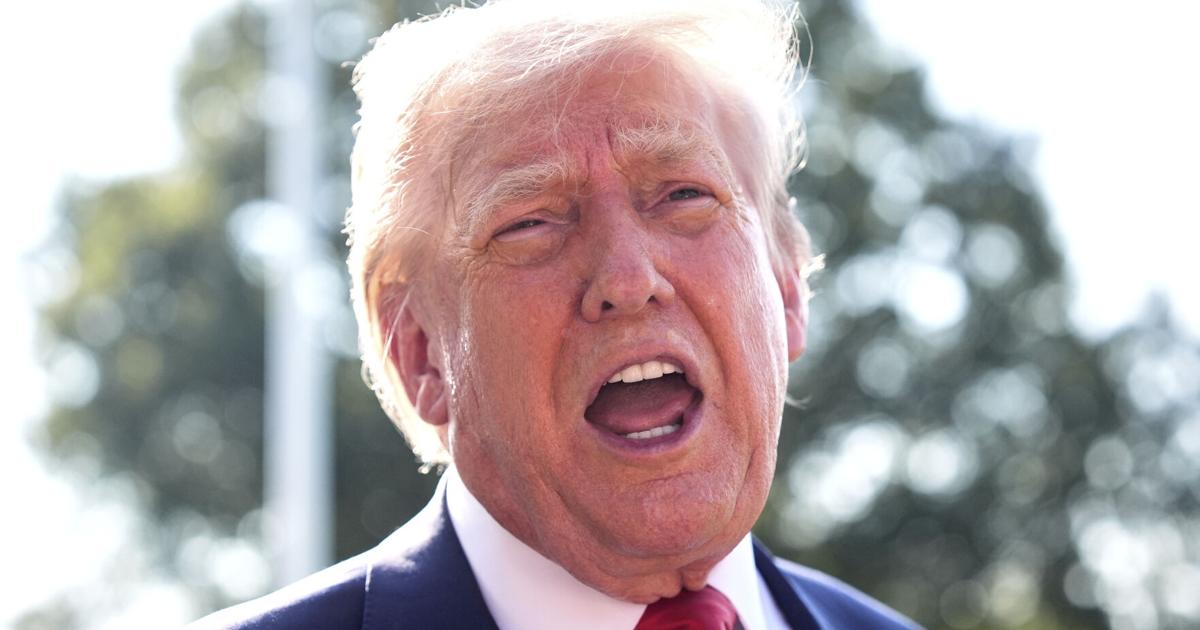
The situation involves several key stakeholders with differing interests and positions:
- Donald Trump: Balancing pressure from his base for "deep state" revelations while attempting to control the narrative and deflect attention.
- Trump's Base/MAGA Influencers: Deeply invested in Epstein conspiracy theories, expressing outrage over the perceived lack of transparency.
- Pam Bondi & Dan Bongino: Administration officials facing scrutiny for past promotion of conspiracy theories.
- Barack Obama: Subject of renewed accusations as a potential political distraction.
- Justice Department & FBI: Under pressure regarding their handling of the Epstein investigation and information release.
- Jeffrey Epstein: The deceased figure at the center of the conspiracy theories.
- Ghislaine Maxwell: Epstein's accomplice, whose case remains relevant.
Contradictory Stances Create a "Crisis of Its Own Making"

The Trump administration's fluctuating positions on the Epstein case, oscillating between promoting theories and downplaying them, has created a perception of inconsistency and what some observers describe as a "crisis of its own making."
Base Alienation and Erosion of Trust

The administration's current approach to the Epstein files has alienated segments of Trump's base, leading to accusations of cover-ups and demands for the removal of officials like Pam Bondi. The constant promotion of unsubstantiated conspiracy theories, even by those in positions of power, can erode public trust in governmental institutions and factual information.
Political Distraction Tactics

Trump's employment of "Obama treason" accusations is viewed by many as a deliberate tactic to deflect attention from the Epstein controversy and revive long-standing grievances.
The Challenge of Containing Conspiracy Theories
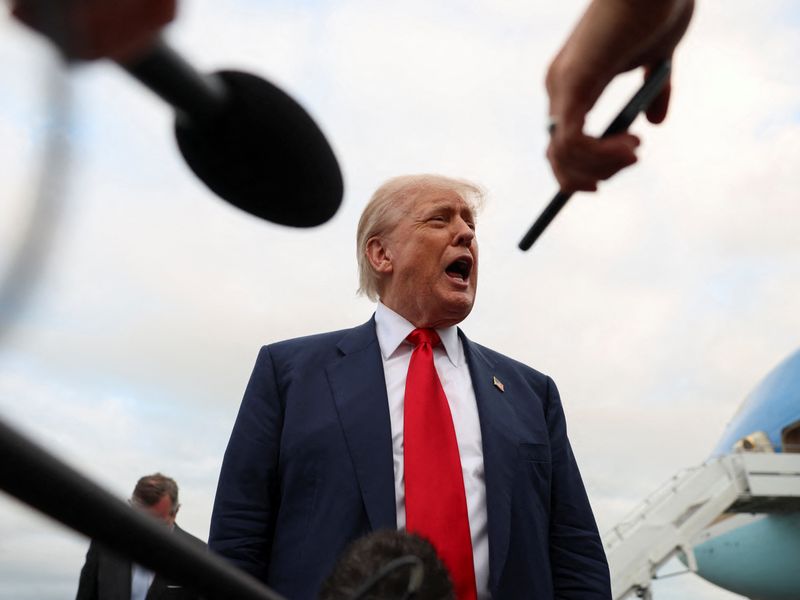
Experts suggest that once conspiracy theories gain widespread traction, particularly when amplified by influential figures, it becomes exceedingly difficult to contain or debunk them, leading to ongoing challenges for those in positions of authority.